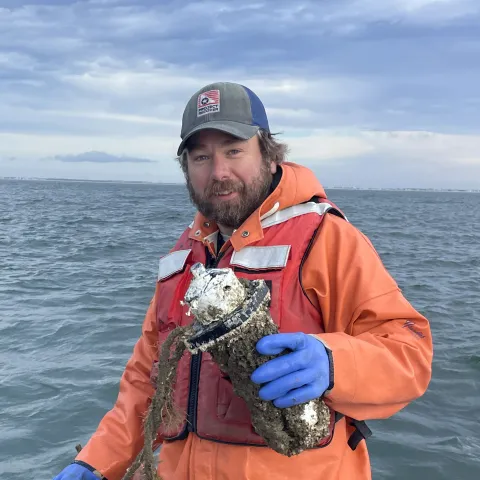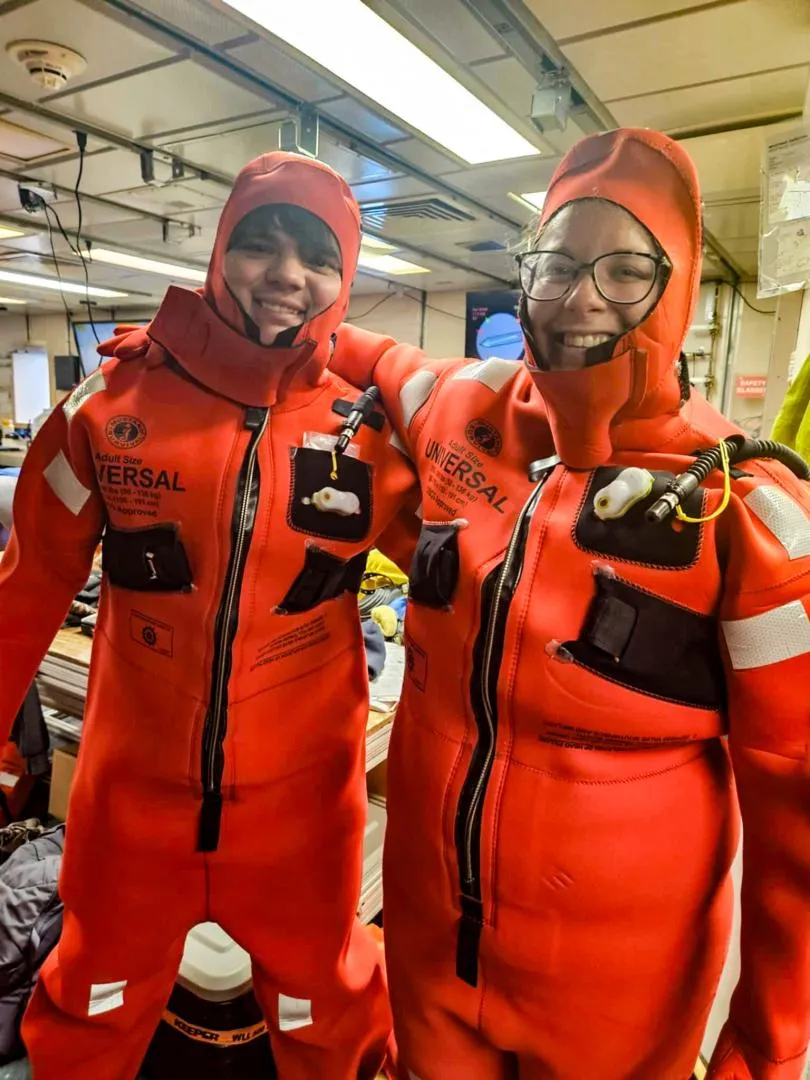Understand the dynamic forces that influence our waters
St. Mary’s College of Maryland’s Marine Science Program immerses students in the study of coastal ecosystems, oceanography, marine biology and environmental chemistry. With access to the St. Mary’s River and Chesapeake Bay, students gain real-world experience through research, fieldwork and state-of-the-art labs.
100%
of our marine science students complete a professional development experience and capstone research project.
#8
Hidden Gems in STEM by CollegeRaptor.com
10:1
SMCM's student-to-faculty ratio supports students through their time on campus and beyond
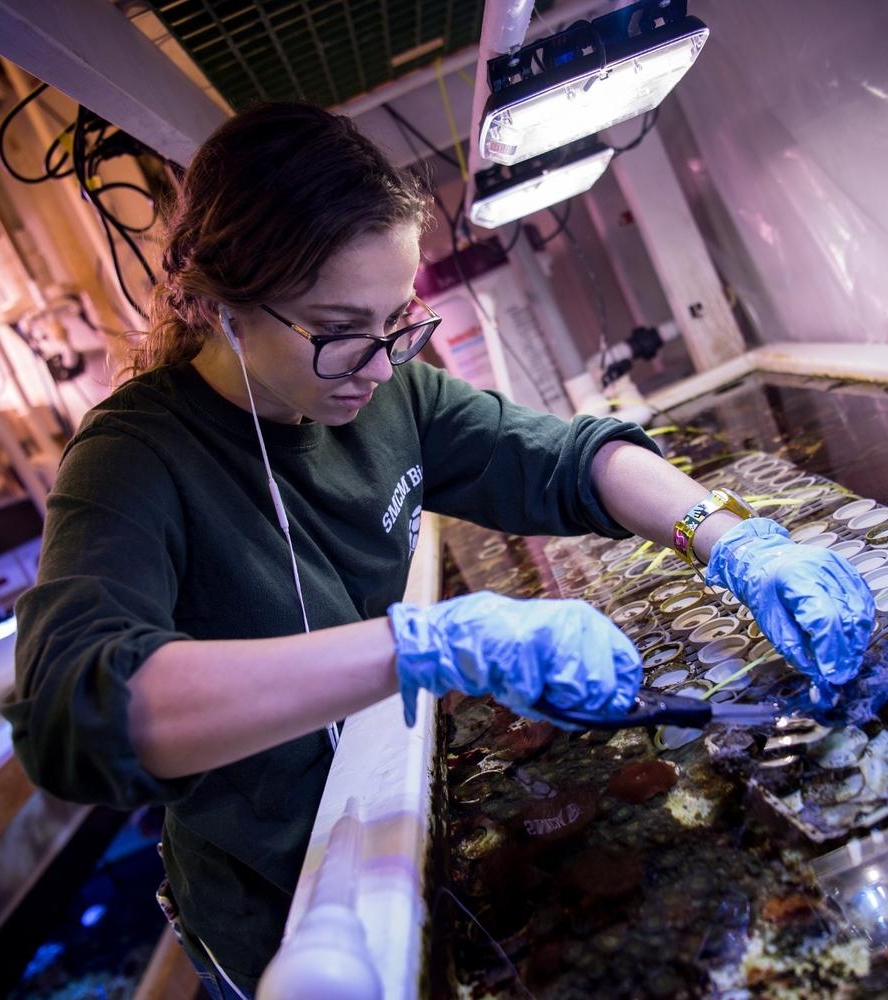
Marine Science Major
Marine science integrates biology, chemistry, physics, and geology to explore how oceans work and how they affect us. As a marine scientist, you’ll study rivers, estuaries, coastlines, and the open sea using tools that range from simple nets to advanced ocean sensors and software.
You might spend time on the water, in the lab, or behind a computer as you analyze marine life, seafloor samples, and ocean dynamics. This work helps answer key questions about Earth’s systems and supports efforts to predict change, guide policy, and solve environmental challenges.
Courses Offered
Marine Science Courses
- Marine Science Courses>
Honors College Promise
Marine science students at SMCM benefit from unparalleled access to undergraduate research, internships with organizations like NOAA, the Chesapeake Bay Foundation and the Smithsonian Environmental Research Center, as well as study abroad opportunities in locations such as Australia and Scotland.
With the St. Mary’s River just steps from campus, every student has the opportunity to engage in hands-on research—whether in our state-of-the-art waterfront labs, along the shoreline, or aboard our research vessel. These experiences prepare students to tackle real-world environmental challenges and pursue meaningful careers in marine and environmental sciences.
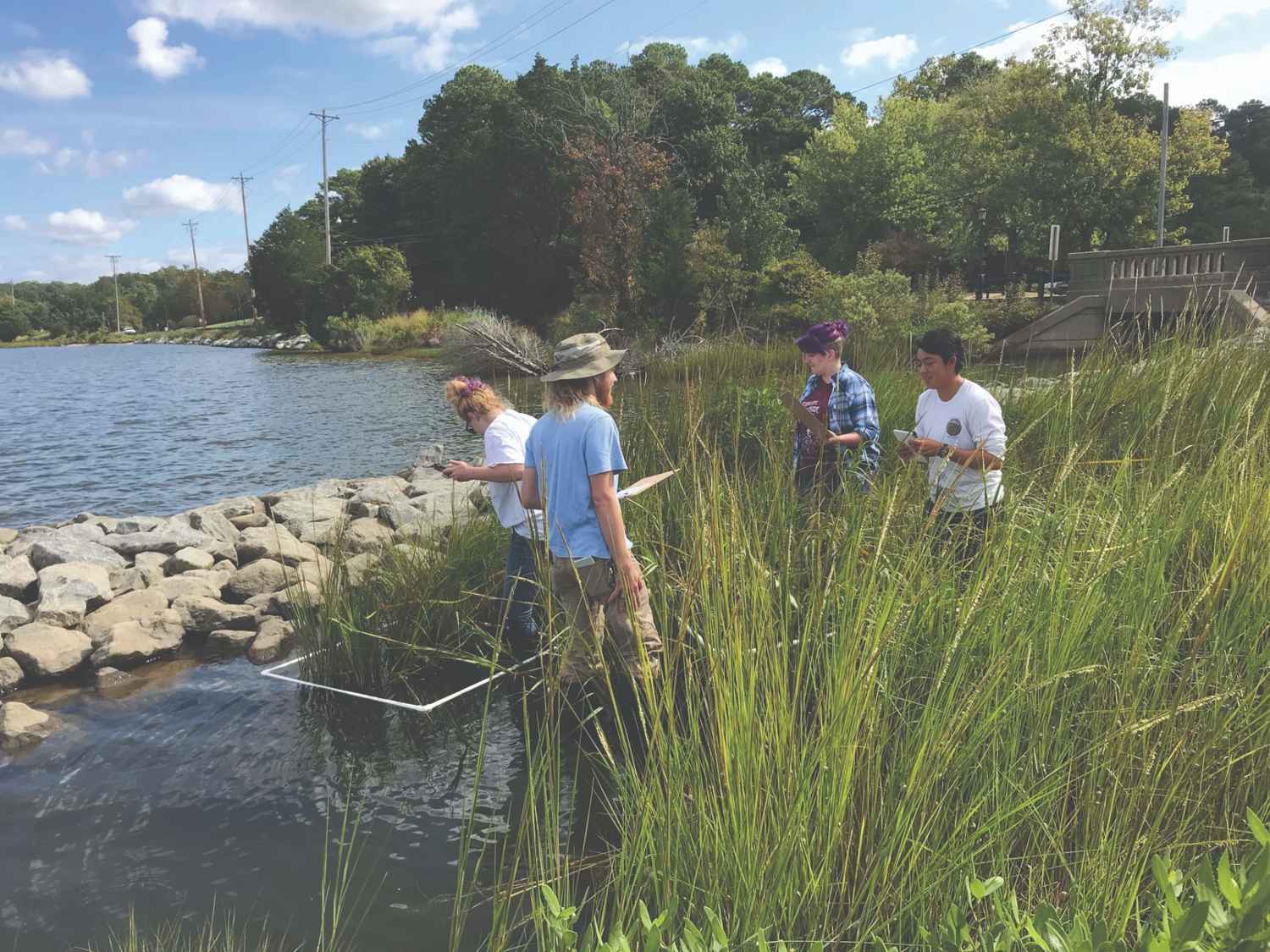
"SMCM’s location and local connections make us uniquely positioned for students who are interested in pursuing a marine science major."
- Randy Larsen, PhD, Associate Dean of Faculty
After you Graduate
Marine science opens doors to diverse careers across sectors. Graduates may pursue academic research as scientists or technicians in universities, government agencies, or NGOs. In industry, opportunities span aquaculture, ocean energy, biotechnology, and coastal engineering. Government roles include marine research, environmental management, and policy development. Nonprofit paths include advocacy, education, and exploration. Other options include K–12 and informal education, science communication, consulting, eco-tourism, and entrepreneurship.
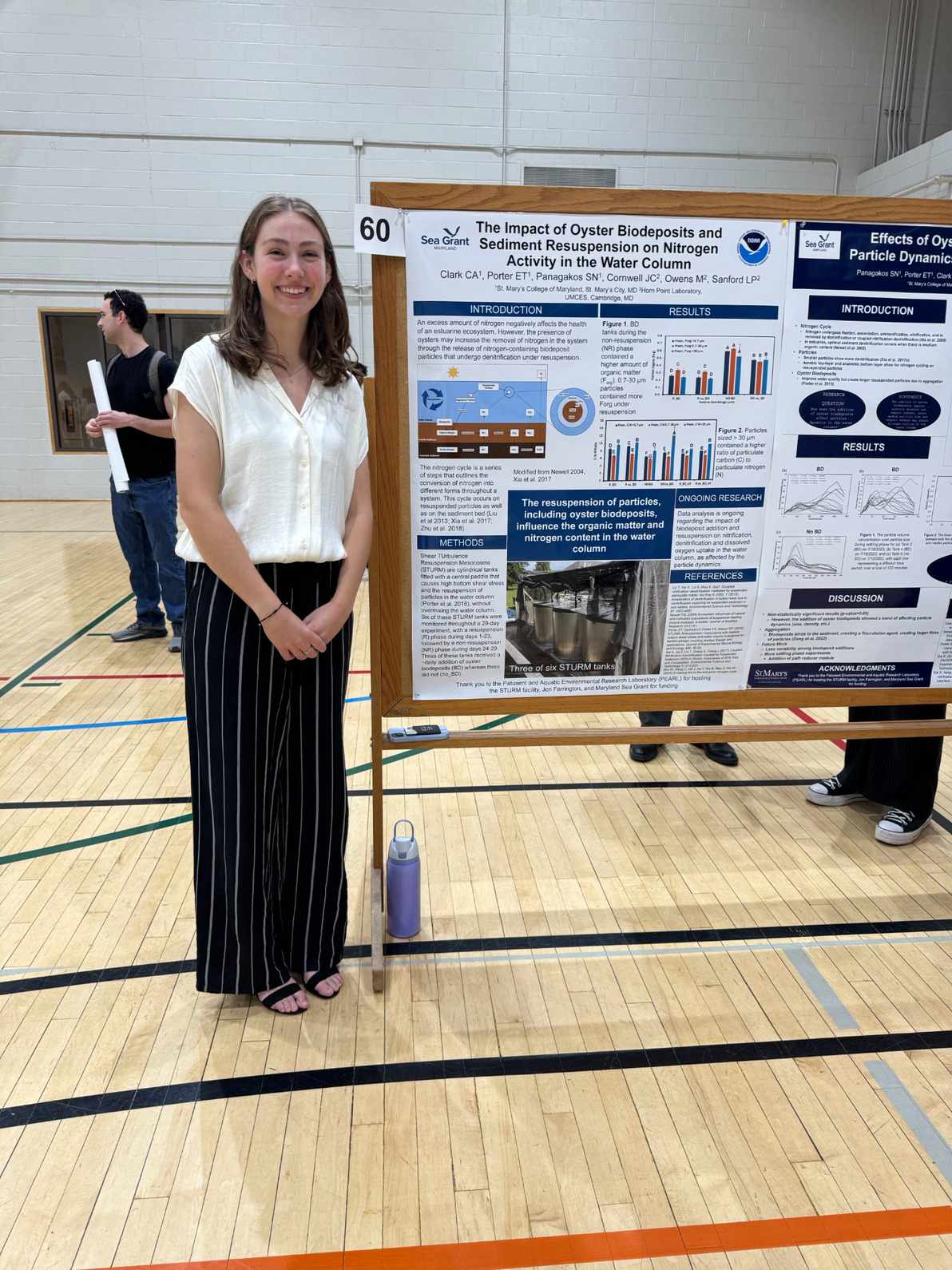
LATEST NEWS
Connect with Your Program Chair
All the faculty here at St. Mary's College of Maryland want to help you explore your interests and set you up for success. We look forward to connecting with you and meeting you on campus.


